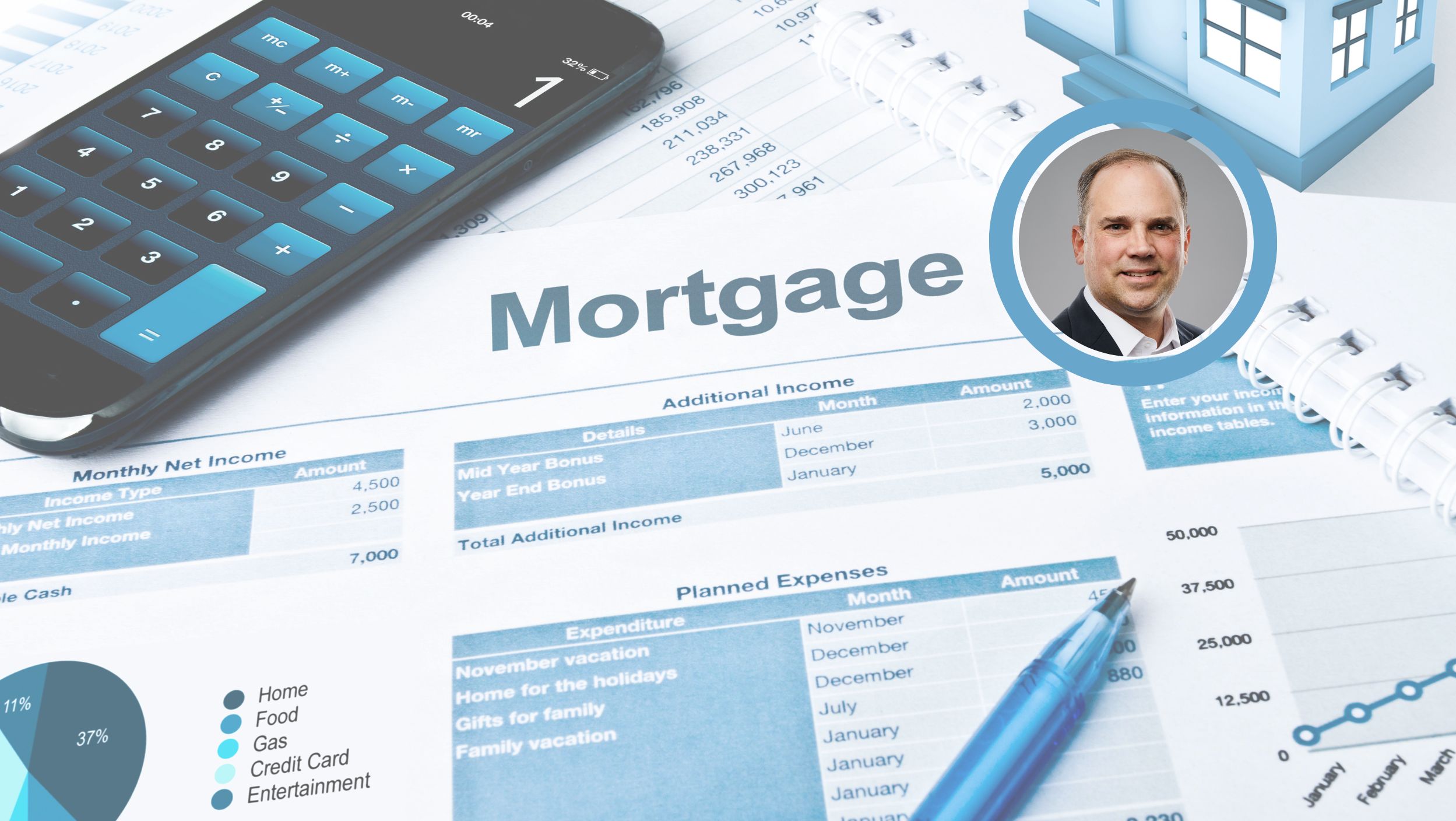Navigating the Victoria BC real estate market requires a game plan. And that game plan starts long before you find the perfect house. Most people jump into the search without a single piece of preparation. Don’t be one of them. You’re not just looking for a house; you’re entering a financial negotiation. And you don’t walk into a negotiation unprepared.
I’ve been on both sides of this equation. Before I was a REALTOR®, I was a mortgage broker. I saw firsthand what works and what is not in a buyer’s best interest. The most common mistake? Not having your financial house in order. People think they can just get a mortgage when they find the house they love. That’s a fantasy. A pre-mortgage checklist isn’t a suggestion. It’s the blueprint for how you win.
Your Credit Score: the absolute non-negotiable
Let’s get this straight: your credit score is everything. It’s the single most important number on your mortgage application. It’s not just about getting approved; it’s about the interest rate you’ll pay. A few points on that score can mean the difference between a great rate and a bad one. Over the life of your mortgage, that adds up to tens of thousands of dollars. Money you’d rather keep in your pocket.
You need to know your score. Don’t guess. Don’t assume. In Canada, you can get a free credit report from Equifax or TransUnion. Pull it now. Look for errors. A single missed payment reported incorrectly can drag your score down. Dispute it immediately. Lenders use this score to determine your level of financial risk. A high score tells them you’re a safe bet. A low score tells them to be cautious—or to charge you more.
Want to boost your score? Here’s how you do it. Pay down your credit card debt. Keep old credit accounts open—closing them can hurt your score by reducing your available credit. And avoid applying for new lines of credit in the months leading up to your mortgage application. Show lenders you’re a financial force, not a liability.
Your Down Payment: this is your leverage
Your down payment is your financial muscle. It’s the cash you bring to the table. And it’s a critical piece of the puzzle, especially in a competitive market like Victoria. The minimum down payment in Canada is 5% of the purchase price for homes up to $500,000. For properties between $500,000 and $1 million, you need 5% on the first $500,000 and 10% on the portion above that. Anything over $1 million requires a minimum of 20% down.
Putting down less than 20% means you’ll have to pay for mortgage loan insurance, also known as CMHC insurance. It’s a fee that protects the lender, not you. It gets rolled into your mortgage, so you’re paying interest on that too. The smart play is to save up 20% if you can. It eliminates the CMHC fee and shows a lender you are serious. In a city like Victoria, where the average home price is consistently high, a larger down payment can make your offer look much stronger to a seller. It’s a sign of a committed, well-qualified buyer.
The Ratios That Determine Everything: GDS & TDS
Most people have no idea what these are. But mortgage lenders live and die by them. Gross Debt Service (GDS) and Total Debt Service (TDS) ratios are the formulas lenders use to figure out exactly how much you can afford.
Your GDS ratio measures the percentage of your gross income that goes towards housing costs. This includes your mortgage payments, property taxes, and a portion of your heating costs. Lenders want this number to be no more than 32% to 35%. Anything higher and you’re stretching yourself too thin. For example, if your household income is $100,000 a year, your monthly GDS should not exceed roughly $2,750.
Your TDS ratio takes it a step further. It includes all your debt. Your housing costs plus any car payments, student loans, or credit card debt. Lenders want this number to be under 40% to 42%. If your monthly debt payments exceed this percentage, your application will likely be denied. You have to understand these ratios. Before you even apply for a pre-mortgage in Victoria, run the numbers yourself. Be realistic.
The Paper Trail: get your documents in order
You can talk all you want about your income and savings, but lenders want proof. They want a paper trail. If you show up unprepared, you’re just wasting time. Here’s a checklist of documents you’ll need to have ready before you apply.
- Proof of Income: This means a recent letter of employment, your last two pay stubs, and your T4 slips. If you’re self-employed, you’ll need two years of tax assessments (Notice of Assessment or NOA). This proves you have stable, reliable income.
- Proof of Down Payment: Lenders need to see where the money is coming from. Bring bank statements from the last three months. If the funds are a gift from a family member, you’ll need a signed “gift letter” that states the money does not have to be paid back.
- List of Debts and Assets: Compile a list of all your debts—credit card balances, car loans, student loans, and lines of credit. Be honest. Lenders will find this information anyway. You’ll also need to provide a list of your assets—investments, RRSPs, or other real estate.
- Personal Information: A copy of your government-issued ID and social insurance number. It sounds basic, but you’d be surprised how many people don’t have this ready.
Pre-Approval: the only way to compete in Victoria
Don’t confuse a pre-qualification with a pre-approval. A pre-qualification is a conversation—a lender giving you a rough estimate. It’s a non-committal guess. A pre-approval is a commitment. It means a lender has reviewed your documents, verified your financial health, and is willing to lend you a specific amount, at a specific interest rate, for a specific period of time.
In the fast-paced Victoria BC real estate market, a pre-approval isn’t just a good idea; it’s a necessity. When the right property comes on the market, you can’t afford to hesitate. Having a pre-approval means you can submit a clean, confident offer. And it gives you immense credibility with the seller. It’s the difference between being a serious contender and an armchair shopper. This is why it is so important to get the advice of a mortgage broker who can help you navigate this complex process and get the best terms for your specific situation.
Don’t wait. Don’t guess. Your financial future isn’t a game of chance. Stop dreaming about your perfect home and start building the plan to get it. Get your credit in order. Know your numbers. Organize your documents. And use the services of a mortgage broker to get your pre-approval locked in. This is how you win.
It is important to find the services of a good mortgage broker, and as a licensed professional, I can help you with that. I can provide at least three solid referrals, as per government regulations, to ensure you are getting the best advice available.
Ready to get the rest of your home-buying plan in place? Let’s talk. Contact me today, and we’ll get it done.
Jeff Bishop. Personal Real Estate Corporation.

